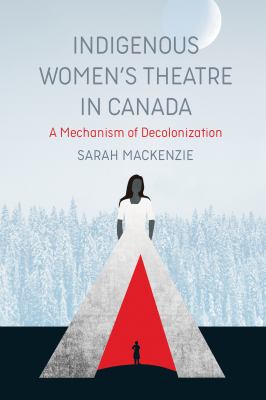
print
|
Indigenous women's theatre in Canada : a mechanism of decolonization
Copies
1 Total copies, 1 Copies are in,
0 Copies are out.
Subjects
Language
English
Dimensions
23 cm







